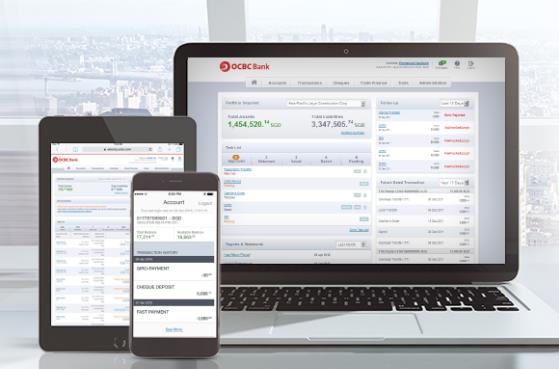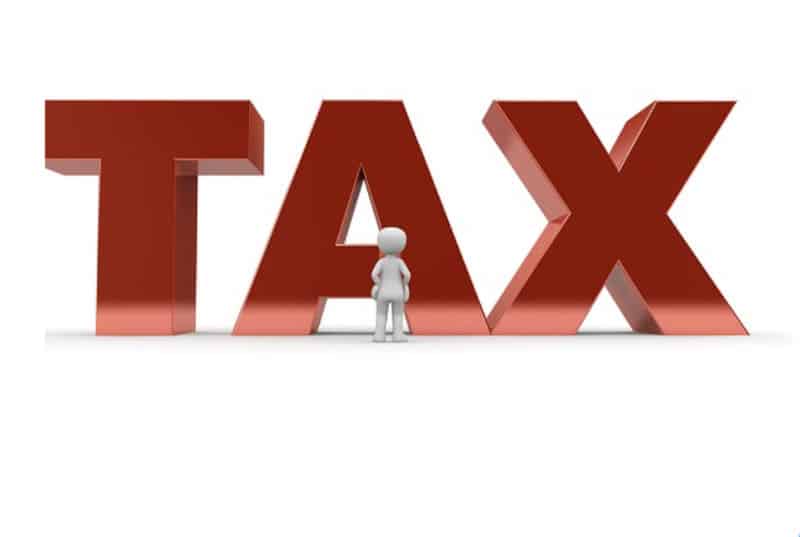
Other Banking Services
2019-08-15
Who Needs To Pay GST
2019-09-23

Foreign-Sourced Income
The Tax Exemption
Categories of Foreign-Sourced Income
The three categories of specified foreign income are:
- Foreign-sourced dividend;
- Foreign branch profits; and
- Foreign-sourced service income.
Qualifying Conditions for Tax Exemption
Under Section 13(9) of the Income Tax Act, tax exemption will be granted when all of the following three conditions are met :
- The foreign income had been subject to tax in the foreign jurisdiction from which they were received (known as the “subject to tax” condition). The rate at which the foreign income was taxed can be different from the headline tax rate;
- The highest corporate tax rate (foreign headline tax rate condition) of the foreign jurisdiction from which the income is received is at least 15% at the time the foreign income is received in Singapore; and
- The Comptroller is satisfied that the tax exemption would be beneficial to the person resident in Singapore.
Getting the Exemption
To enjoy the tax exemption, you have to provide the following information in your Income Tax Return (Form C):
- Nature and amount of income received;
- Jurisdiction from which the income is received;
- Headline tax rate of the foreign jurisdiction; and
- Confirmation that foreign tax has been paid in the jurisdiction from which the income was received. This is to satisfy the “subject to tax” condition.
If you are filing Form C-S instead of Form C, you should include the above information in the company’s tax computation and retain any supporting documents/ information*.
* The relevant information/ documents must be retained for a period of at least five years from the relevant YA. These information/ documents should be submitted to the Comptroller of Income Tax upon request. For more information on record keeping, please refer to Business Records That Companies Must Keep.
“Subject to Tax” Condition
To meet this condition, the specified foreign income received in Singapore must have been subject to tax in the foreign country from which the income is received.
For the purpose of this “subject to tax” condition, tax paid or payable on foreign-sourced dividend received in Singapore includes:
- the dividend tax, which is income tax levied on the dividend by the foreign country of source; and
- the underlying tax, which is income tax paid or payable by the dividend paying company on the income out of which the dividend is paid.
“Subject to tax” condition for substantive business activities
The Comptroller will regard the “subject to tax” condition as met if the income is exempt from tax in the foreign jurisdiction due to tax incentive(s) granted for substantive business activities carried out in that jurisdiction. The following documents must be prepared and retained*:
- A declaration by the company that the foreign jurisdiction has exempted the foreign income from tax because of substantive business activities carried out by the company in that jurisdiction; and
- A copy of the tax incentive certificate/ approval letter issued by the foreign jurisdiction. In the case of a foreign-sourced dividend, a dividend voucher (if available) stating that the dividend is exempt from tax due to tax incentive granted to the dividend-paying company for carrying out substantive business activities in that foreign jurisdiction will be sufficient.
“Foreign Headline Tax Rate of at least 15%” Condition
Dividend is considered to be sourced in the jurisdiction where the dividend-paying company is tax resident in. Where the dividend-paying company is a tax resident in Singapore, dividend is considered sourced in Singapore. Conversely, a dividend is foreign-sourced dividend if it is paid by a non-Singapore tax resident company.
Foreign-sourced dividend may be paid by a company listed on the stock exchange in one jurisdiction (for example Hong Kong) but tax resident in another jurisdiction (for example Bermuda). Hence, it cannot be presumed that the jurisdiction of listing of the dividend-paying company is where the dividend is sourced. As such, where a dividend-paying company is incorporated outside the jurisdiction where it is listed, the Comptroller may treat the dividends as not sourced in the jurisdiction of listing unless there are facts to show otherwise. In such a circumstance, the “headline tax rate condition” will be considered as not met if the jurisdiction in which the dividend-paying company is incorporated has a headline tax rate of less than 15%.
Documents to Substantiate that the Underlying Tax Has Been Paid on the Foreign-Sourced Dividend
You can provide the following documents to substantiate that the underlying tax has been paid on the income out of which the foreign-sourced dividend is paid:
a) Audited accounts of the foreign dividend-paying company
Currently, to demonstrate that their foreign-sourced dividend has suffered underlying tax, taxpayers can provide the audited accounts of the foreign dividend-paying company for the financial period ending in the year prior to the year the dividend is received in Singapore whereby the accounts show a positive current year tax (excluding deferred tax expense).
For details, refer to the e-Tax guide on Tax Exemption for Foreign-Sourced Income (PDF, 614KB).
From 20 July 2016, IRAS is prepared to accept the consolidated accounts of the foreign dividend-paying company and its group companies as proof that the “subject to tax” condition has been met, provided that the foreign dividend-paying company is:
– a company listed on a stock exchange; and
– an operating company carrying out substantive business activities (investment-holding is excluded). This must be supported by evidence such as description in the consolidated accounts or any official publication showing the principal activities of the foreign dividend-paying company to be such (as opposed to the Group).
The consolidated accounts of the foreign dividend-paying company and its group companies for the financial period ending in the year prior to the year the dividend is received in Singapore must show a positive current year tax (excluding deferred expense).
For example, if the dividend is received in Singapore on 30 June 2019, the consolidated accounts of the foreign dividend-paying companies and its group companies for the financial year ending in 2018 must show a positive current year tax.
b) Alternative documents accepted
IRAS will also accept the following documents showing that the income of the foreign dividend-paying company has been subject to tax (or that it is enjoying tax incentive on its substantive business activities):
– a certification from the bank through which the taxpayer invested into the foreign dividend-paying company; or
– a confirmation letter from the foreign dividend-paying company that foreign tax has been paid on the income out of which dividends are paid.
If you are unable to secure any proof that tax has been paid on the income of the foreign dividend-paying company, the “subject to tax” condition will not be considered as met.
IRAS may review and modify the use of the alternative documents should there be any cases of abuse.
* The relevant information/ documents must be retained for a period of at least five years from the relevant YA. These information/ documents should be submitted to the Comptroller of Income Tax upon request. For more information on record keeping, please refer to Business Records That Companies Must Keep.
Expenses Incurred in Respect of Foreign-Sourced Income

Accounting and Corporate Regulatory Authority of Singapore licensed corporate advisory firm.
Singapore Company Registration, Annual Return, Accounting & Tax
Trademark Registration, Corporate Advisory, Serviced Offices.
6 Raffles Quay,#14-02, #14-06, Singapore 048580

